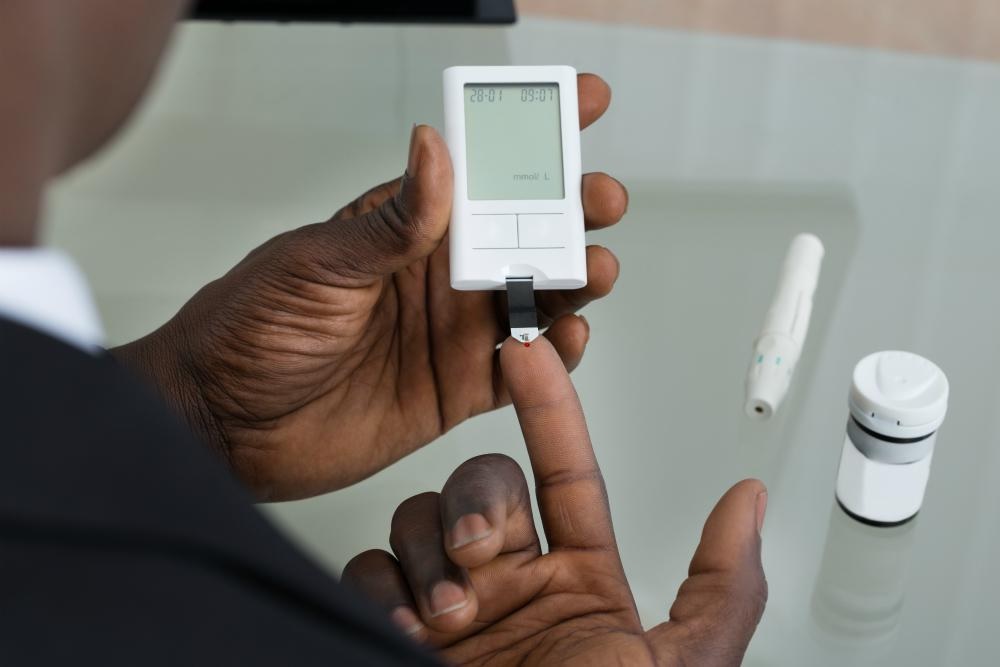While genetics and our way of life over time affect a variety of lifestyle diseases, there are some things you can do to lower your chance of developing them. One such illness that a person has some control over is diabetes. Every year in November, World Diabetes Day is observed, and we now know that this illness may also impact younger people. In light of the rising number of young people receiving this diagnosis,

Here are the four things you may do to delay getting it as long as possible:
1) Observe your weight

If you can control your weight, managing your diabetes is already half the battle won. According to studies, even obese adults who lost just 5% of their body weight were able to lower their risk of developing diabetes. A complete bodily examination, the consultation of a nutritionist, and the receipt of an ideal food plan are simple ways to determine whether you are on the right path.
2) Exercise frequently

Exercise helps your body use insulin by increasing the number of insulin receptors in your cells. It also regulates your weight and heart rate. As a result, blood sugar is more easily transported to your cells, where it may be used as fuel. The point is that you need to keep your limbs busy, even though the calculation can appear a little lengthy and complicated.
Read also: Can You Predict How Many Calories These Fruits Have?
3) Eat wisely

It’s always preferable to take sugar in moderation because it’s a defining component in diabetes. Avoid complex carbohydrates and make more informed dietary decisions – To avoid gorging on your dinner, replace the canned liquids with a plate of fresh fruit, the white bread with brown bread, the rice with chapatti, at least one green vegetable in each of your meals, and a salad.
4) Drop the tension

Not many of us are aware of this, yet stress significantly increases the risk of developing diabetes. Stress causes the release of hormones that are crucial in determining how your body will process sugar. Additionally, it influences blood pressure. For this reason, doctors advise borderline patients to engage in yoga, meditation, and other forms of relaxation to lessen their risk of developing full-blown diabetes.





